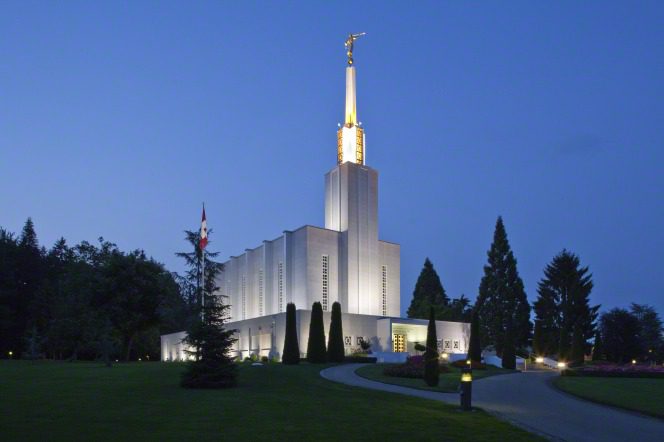
A perhaps unexpected gathering on the Provo campus of Brigham Young University:
“NCAA Common Ground IV at BYU: Asking sincere questions, finding radical hope”
***
Although I’m obviously not a Catholic, I found this quite interesting and worthy of recommending to other non-Catholics. It raises an issue that, in many circles today, is far too dangerous even to mention:
“What are the odds of this Catholic clergy abuse study receiving some elite ink?”
My own tentative guess is that the odds are roughly zero.
For a conversation with the study’s author, see here:
***
How, by the way, can one keep up — if one wishes to do so — with the latest Catholic scandals?
“It’s a new fact of news life: Reporters have to start reading the alternative Catholic press”
Incidentally, I think it’s instructive to be informed on these developments, even if one is a Latter-day Saint. Not because I’m anti-Catholic. I’m emphatically not anti-Catholic. On the contrary, I have great respect for the Catholic Church and for many of its current leaders, including the handful of very senior cardinals (principally at the Vatican) with whom I had some dealings back when I was a leader with BYU’s Maxwell Institute. I’m deeply saddened by the recent scandals. I think it’s instructive to watch the Catholics, though, because, in a sense and mutatis mutandis, we’re all attempting to navigate the same waters through which the Vatican is sailing. So watching them — as they succeed and as they fail — can be helpful to us.
***
Incidentally, my respect for Catholic clergy goes back to at least the days of my mission in German-speaking Switzerland.
With one very notable exception — which deserves its own autobiographical blog entry — I was mostly rather unimpressed with the state church Protestant clergy that I met in Switzerland. Pastors of the Evangelisch-reformierte Kirchen der Schweiz seemed to live very comfortable lives, drawing a solid salary and living in parsonages that were frequently among the largest and nicest houses in a village or a neighborhood, with relatively light and pleasant duties. For a cultured and educated person, it wasn’t a bad career choice. And — I won’t say that this was true of all of them, by any means — more than a few of the official state church Protestant pastors with whom I spoke seemed, when push came to shove, to believe very little. Their faith seemed to me a very vague and airy thing, full of abstractions but offering little confidence on burning questions like the resurrection of the dead and life beyond the grave or, even, the existence of God. (I wasn’t surprised that their pews were often quite empty on Sundays.)
It was quite different with the Catholic priests whom I encountered. (It was, I admit, a smaller sample.) They seemed really to believe, and I had several good and mutually respectful conversations with them about meaty issues that we both took very seriously. It occurred to me than that a significant difference lay in the fact that they had actually given something up — marriage and family, to say nothing of material wealth and a considerable degree of personal autonomy — in order to take up their vocation. Theirs certainly wasn’t just a solid and prudent career option.
Posted from Park City, Utah











